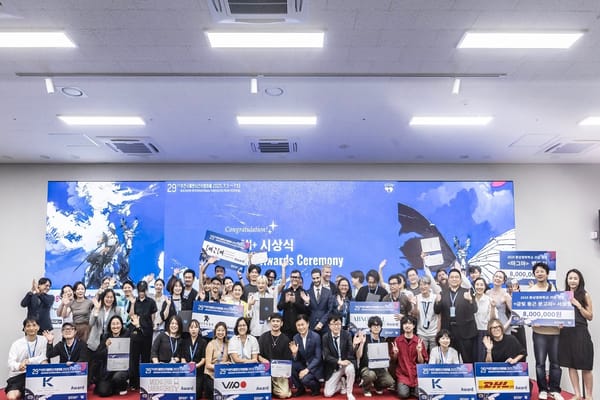BEGINNERS GUIDE: CHINESE WEB SERIES [PART ONE]
Suspense thrillers, social issue dramas and a real-time mystery set in the Tang Dynasty: Streamlined explores the disruptors in Chinese-language TV.
![BEGINNERS GUIDE: CHINESE WEB SERIES [PART ONE]](/content/images/size/w1200/wp-content/uploads/2020/12/the-bad-kids.jpg)
Beginners Guides is a series on Streamlined that aims to introduce readers to content in other parts of the world that they may not explore otherwise.
Chinese drama series are going through the same premium makeover as episodic content in many other parts of the world – shorter runs, higher production values and storylines that are more accessible to international audiences.
And like everywhere else, the process is driven by changing business models – streamers attempting to increase subscriber numbers rather than broadcasters looking for something to wrap around the ads.
That doesn’t mean that China’s long-running palace dramas, romances, war stories and mythological fantasies are a thing of the past. Many Chinese TV series still run to 70 episodes, which makes producers happy as broadcasters still pay for programming by the pound (or episode), a practice that has resulted in the so-called “water-injected” dramas that can drag on interminably.
But the new shorter formats that streamers are experimenting with are giving producers an outlet for different kinds of story-telling – crime dramas and suspense thrillers that lend themselves to the 6-12 episode format, social issue-themed dramas and adaptations of novels that would feel stretched over a longer run. The emphasis is on storylines, strong writing and realistic acting, rather than sensationalism and pop idols with teenage fans.
Complicating matters is the fact that Chinese content is produced in at least five different territories across Asia and in different dialects of Chinese, with Mandarin, Cantonese and Taiwanese Hokkien being the most common (some shows have a mixture of all three).
In addition, the global streamers including Netflix and Amazon Prime are not allowed to launch their own services in mainland China, by far the largest Chinese-speaking market, which may explain why the volume of more accessible shows still lags behind those made in say Spanish or Korean. Netflix has so far been mostly catering to overseas Chinese audiences with dramas produced in Singapore, Malaysia and Taiwan, while Amazon has acquired Chinese content but not attempted to produce any shows itself.
HBO Asia was one of the first global companies to produce Chinese content, scoring success with shows like The Teenage Psychic, but recently lost several production executives in its parent company WarnerMedia’s restructuring. It remains to be seen what the new crop of streamers, Disney, Apple and Peacock, will do in this space. For sure they will run up against tough competition in the Chinese streamers, especially iQiyi and Tencent, who are both innovating in production and eyeing international expansion.
Taiwan transformation
The influx of production spending from Netflix, HBO Asia and Fox Networks (before it was absorbed into Disney) has helped revitalise Taiwan’s TV production sector in recent years – or at least stemmed the brain drain to mainland China – but the big question is where is Hong Kong in the midst of all this innovation? The global and Chinese streamers have so far barely dipped a toe in what used to be one of the region’s biggest TV production centres.
Below Streamlined has selected six dramas that stood out after a year of watching a ton of Chinese content. Personal taste always plays a role in these picks – there are some perfectly fine dramas aimed at millennials out there – but they can be hard work for those born in the last century. Having said that, Streamlined was charmed by Netflix’s The Ghost Bride, although wasn’t familiar with the source material, so couldn’t empathise with the apparent disappointment of its fans.
THE BAD KIDS (IQIYI) 2020
隐秘的角落
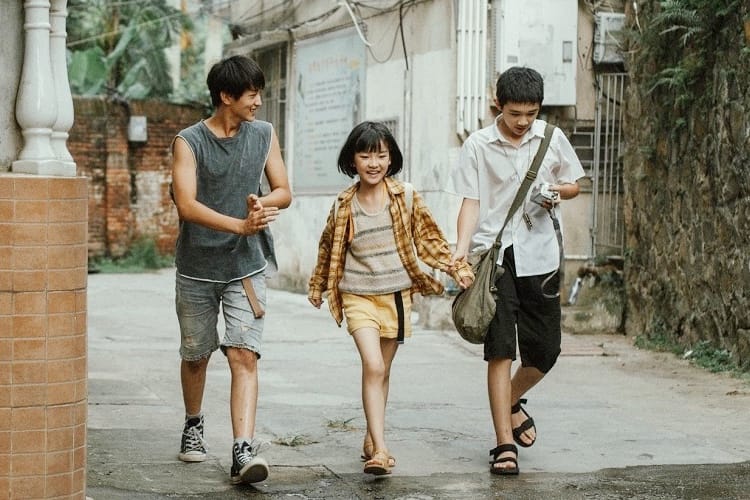
Directed by: Xin Shuang
Written by: Joe Cacaci, Hu Kun, Pan Yiran, Sun Haoyang
Starring: Qin Hao, Wang Jingchun, Rong Zishan, Shi Pengyuan, Wang Shengdi
Produced by: iQiyi, Eternity Pictures
Adapted from the novel Bad Kid by Zi Jinchen, this Chinese neo-noir follows three kids who witness a murder, decide to turn it to their advantage and quickly find themselves out of their depth in the ensuing sequence of events.
While the story doesn’t stick exactly to the novel, it plays with our perspectives of who is ‘bad’ and whether it’s acceptable to do bad things for good reasons, as well as presenting us with the dilemma that we’re all faced with as consumers of narrative fiction – do we want the happy ending or the sad ending? The fairytale or the reality? Along the way it looks at the obligations of family ties, pressures of the education system, the shortcomings of social care and the consequences of broken marriages and ‘blended’ families.
Set in a steamy (but presumably fictional) southern city, it presents a view of contemporary China that we rarely see in films and dramas that are mostly produced in the north. On a par with the best Scandie drama, this 12-parter is one of five in iQiyi’s Lights On series of suspense thrillers available for free globally on its international site (iq.com).
INVISIBLE STORIES (HBO ASIA) 2020
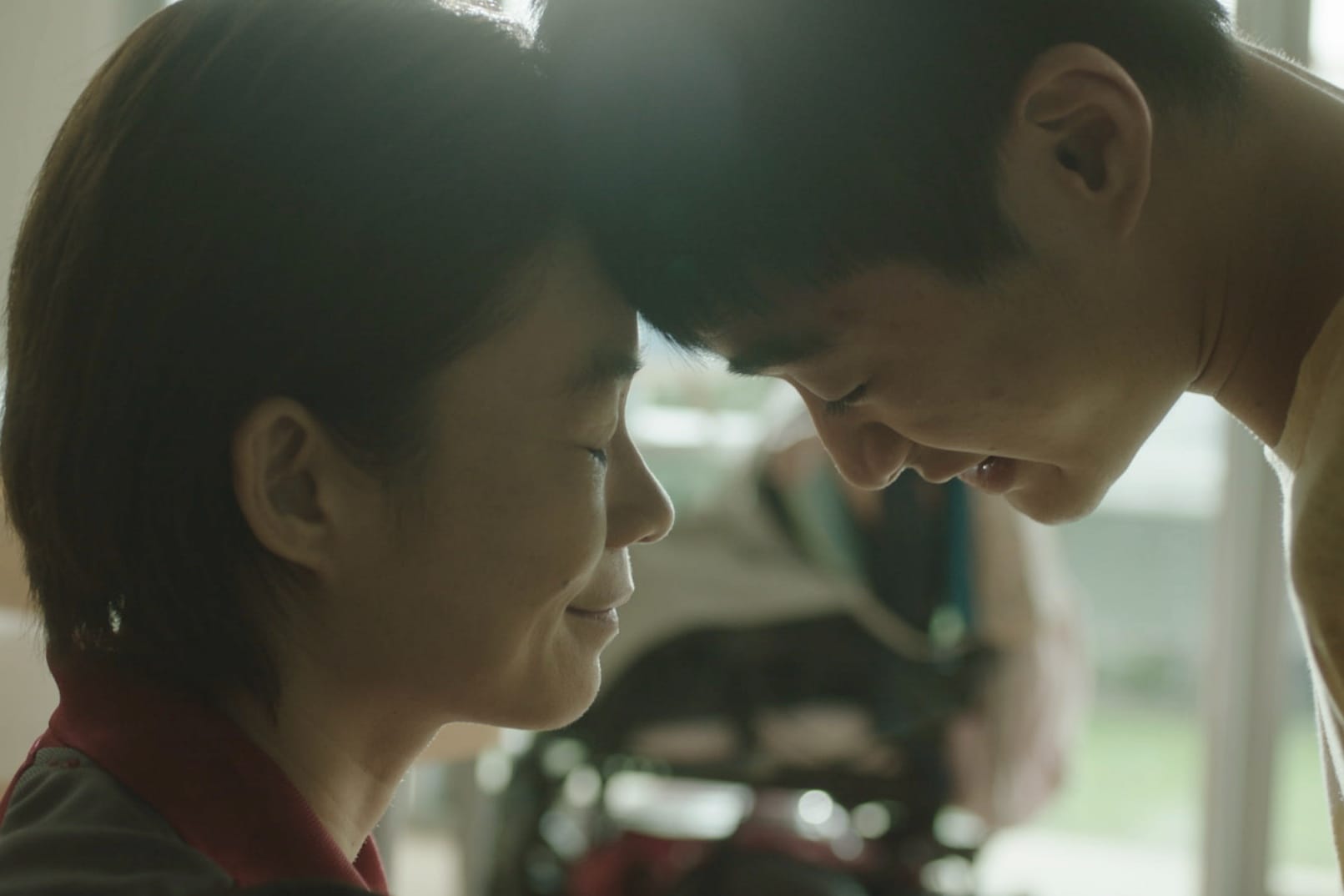
Directed by: Ler Jiyuan, Glenn Chan
Written by: Ler Jiyuan, Shawn Lee Miller, Dave Chua, Stanley Soh, Teh Su Ching
Starring: Yeo Yann Yann, Wang Yu Qing, Suchada Muller, Gavin Yip, Sudop Biswas, Regina Lim
Produced by: HBO Asia, Birdmandog
Although it’s a bit of cheat including this in a round-up of Chinese web series, as it’s only partly in Chinese, this Singapore-produced six-parter is up there with some of the best drama produced in Asia this year.
Writer-director Ler Jiyuan has created six separate but interconnected stories that all take place among the residents of an HDB public housing estate in Singapore. The most moving is the first episode about a single mother struggling to take care of her severely autistic son, but all the stories are interesting – a taxi driver who moonlights as a spiritual medium, a sisterhood of Thai sex workers, a romance between a Bangladeshi migrant labourer and an Indonesian domestic worker – and give us a rarely seen snapshot of the multi-cultural, multilingual nature of Singapore.
The series was made as part of HBO Asia’s two-year partnership with Singapore’s Infocomm Media Development Authority (IMDA), which has attracted several global streamers, tech players and media conglomerates to set up shop in the city and produce content with local talents.
THE VICTIMS’ GAME (NETFLIX) 2020
谁是被害者
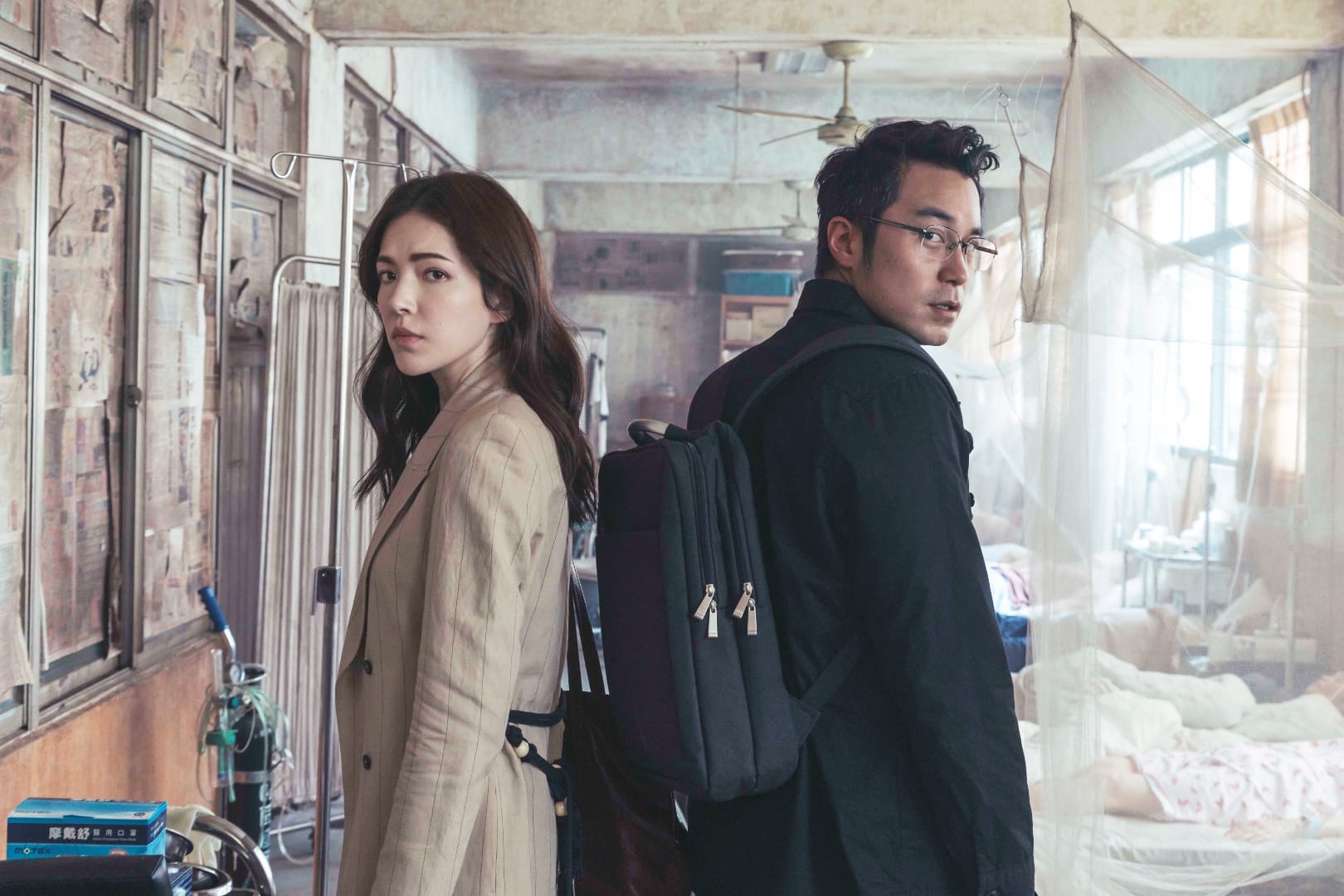
Directed by: David Chuang, Allen Chen
Written by: Chien Shih-Keng, Hsu Jui-Liang Hsu, Yu-Chia Huang, Liang Shu-Ting, Joyce Liu
Starring: Joseph Chang, Ann Hsu, Moon Lee, Jason Wang, Chang Tsai-hsing
Produced by: Greener Grass Productions, Taiwan Mobile, Third Man Entertainment
Another crime drama, this time produced in Taiwan, which like Singapore is emerging as a dynamic TV production centre thanks to local government support and the subsequent attention of the global streamers.
Joseph Chang plays a forensic scientist with Asperger Syndrome, who hooks up with a journalist (Ann Hsu) to investigate a series of grisly suicide-murders that appear to have a connection to his estranged daughter. The eight-episode series delivers in terms of constructing an engaging crime procedural and portraying neurodiversity in a non-sensationalist way, but otherwise doesn’t push any boundaries in this genre. The premise of a detective on the autism spectrum is not blindingly original and social issues are touched upon but never fully explored.
Chang, who does a convincing job in a challenging role, also starred in Netflix’s first Chinese-language original, Nowhere Man, which looked stylish but was otherwise a hot mess. For some reason, Netflix has never really hit its groove in the Chinese-language originals space, at least not compared to what it’s been doing with Spanish, Indian or Korean content. It doesn’t help that it’s churned through a few different production executives in this part of the world in recent years.
THE WORLD BETWEEN US (HBO ASIA) 2019
我们与恶的距离
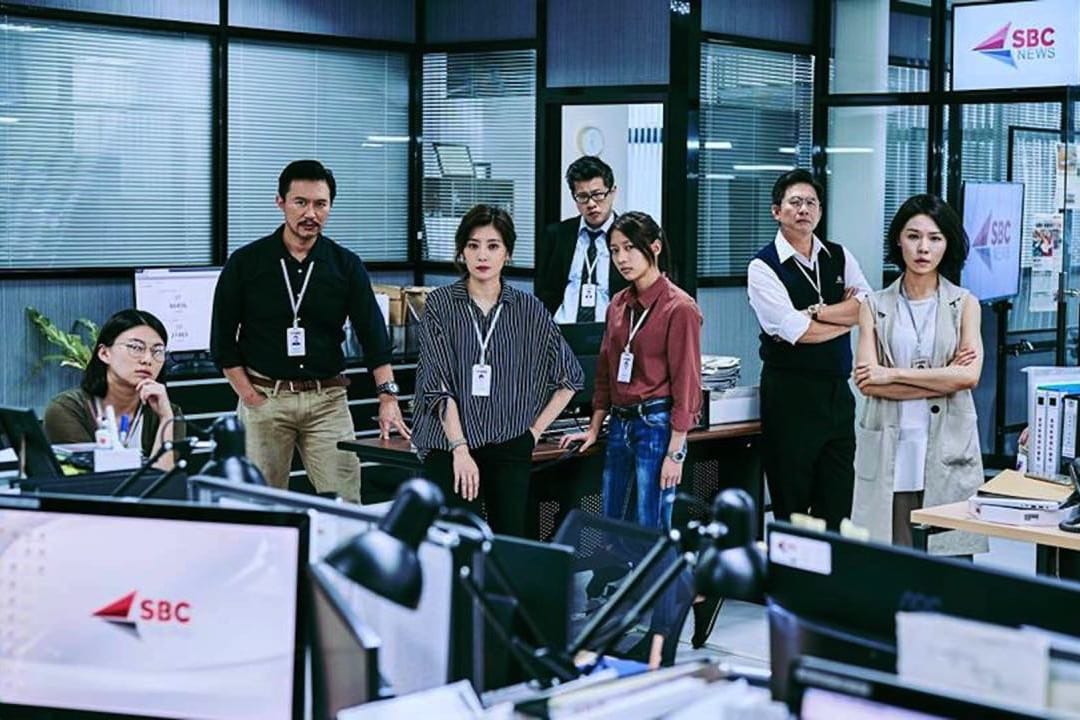
Directed by: Lin Chun-Yang
Written by: Lu Shih-yuan
Starring: Alyssa Chia, Wen Sheng-hao, Wu Kang-ren, Yuu Chen, Pets Tseng, JC Lin
Produced by: HBO Asia, Public Television Service, Catchplay
A few years old now, but this ten-parter streaming on HBO Asia is still the best drama to come out of Taiwan since the arrival of the global streamers.
The story revolves around the impact of a mass shooting on a group of inter-related characters, including a TV news producer who lost her son in the incident, her idealistic journalist husband, an even more idealistic lawyer who is representing the shooter, and a young girl working with the TV producer who has a secret connection to the attack. Firmly rooted in a Taiwan we can all recognise, it explores social issues in a local context but with international relevance – society’s attitude towards mental illness; the loss of integrity in mainstream media; moral arguments for and against the death penalty, and other challenges facing modern democracies.
The over-arching theme is an exploration of human nature – the Chinese title means literally ‘The Distance Between Ourselves And Evil’ – as it questions whether people are inherently evil or driven by circumstance to commit crimes. Yet it manages all this without being lofty or confusing. It’s the kind of story that would be extremely difficult to get past censorship if it were being produced in mainland China, although it did eventually get streamed there by Tencent Video due to huge demand.
LONGEST DAY IN CHANG’AN (AMAZON PRIME) 2019
长安十二时辰

Directed by: Cao Dun
Written by: Cao Dun, Marberionius, Zhua Zi
Starring: Lei Jiayin, Jackson Yee
Produced by: Youku, Liu Bai Entertainment, Yuyue Film Company
Chinese historical drama comes in many shapes, sizes and flavours – wuxia (martial arts), xianxia (fantasy) and palace dramas revolving around backstabbing concubines being among the most common – but this Youku production, based on a novel by Ma Boyang, reinvents the genre with a story unfolding over 24 hours in the ancient city of Chang’an, the capital of China during the Tang Dynasty.
At 48 episodes (each dealing with a half hour in real time) it’s not the shortest web series, but is worth the effort due to the gripping story and huge attention to detail in the costumes, production design and sets. Jackson Yee stars as the head of the city’s anti-terror department who frees a detective-turned-prisoner (Lei Jiayin) to help him defeat a mysterious army that has infiltrated the city and is planning an attack.
When streamed in China over the summer of 2019, the show revived interest in the customs, crafts and cuisine of the Tang Dynasty, revered to this day as the Golden Age of Chinese culture, and had historians impressed by the accuracy of the weapons and other props. Yee is best known as a pop star but has more than proved his acting chops in this series and Derek Tsang’s award-winning Better Days, while Lei has won several awards for his portrayal of the detective. Although streaming on Amazon Prime, the series was neither produced or acquired by the global streamer, but self-distributed by Alibaba-owned platform Youku.
A TAIWANESE TALE OF TWO CITIES (NETFLIX) 2018
雙城故事
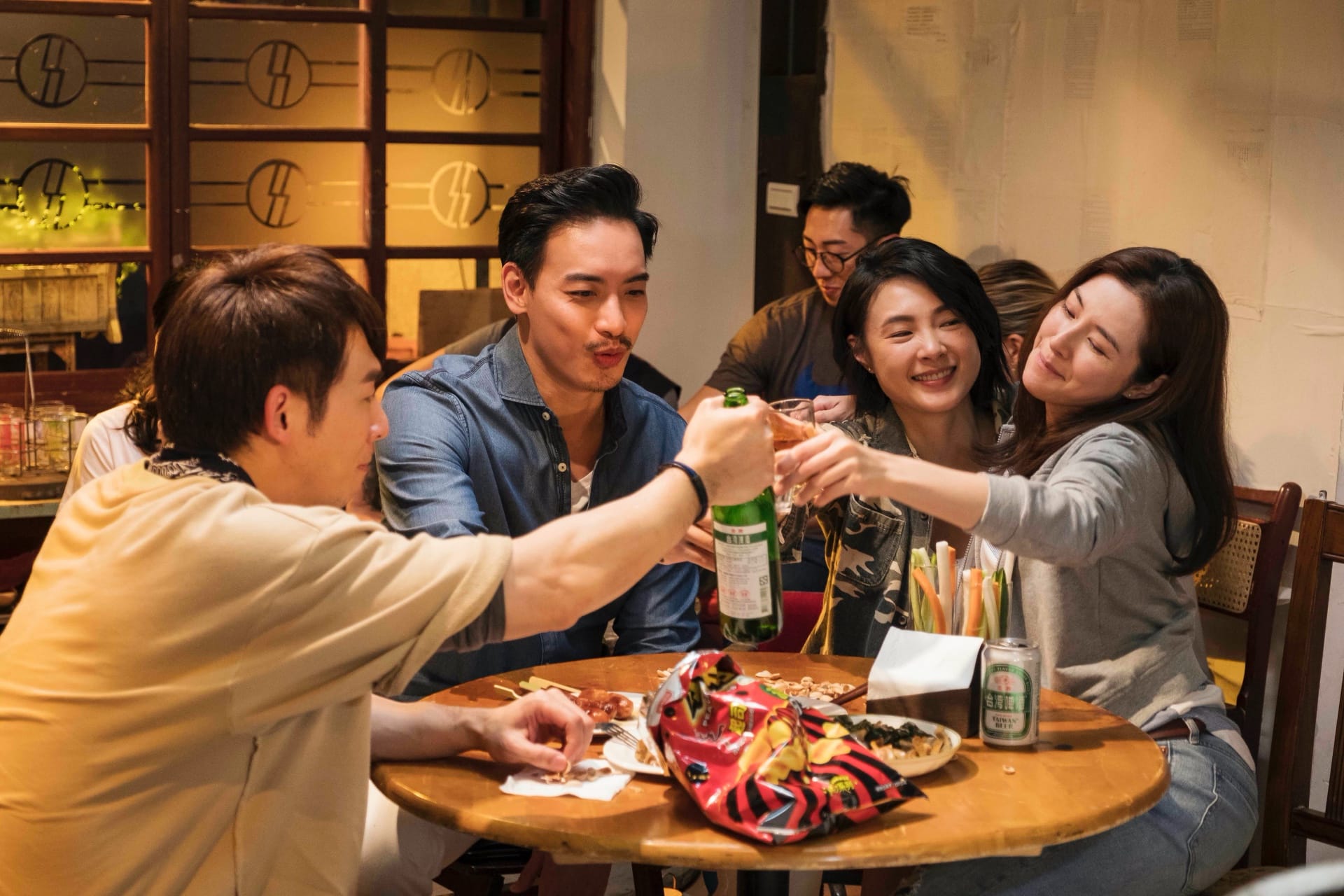
Directed by: Nelson Yeh
Written by: Chen Ling-Hui, Nancy Chen, Fan Chih-Chi, Lin Chia-Hui
Starring: Tammy Chen, Peggy Tseng, Wen Sheng-hao, Denny Huang
Produced by: Good Image, Green Film, Kbro Media, Mandarin Vision, PTS
A fun one to finish with, this millennial-skewing drama was first aired by Taiwanese broadcaster PTS in 2018 with Netflix stepping in for international rights. The production received support from Taiwanese national and city agencies, which must be pleased with the end result, as there are few better advertisements for a trip to Taiwan.
The story revolves around two girls – one a trainee Chinese medicine practitioner in Taipei, the other a Taiwanese-American working in San Francisco’s tech industry – who exchange homes and embark on the inevitable voyage of self-discovery. In addition to the usual romances and family obligations faced by Taiwanese women of their age, the storylines also touch on career development, cross-cultural experiences and coming to terms with loss.
It’s also not short at 20 episodes, most of which are over an hour long, surely a test for any self-respecting and attention-deficit millennial. Yet despite being a bit cheesy and predictable, it has enough charm, humour and substance to keep you from reaching for the remote. The dialogue switches between Mandarin, Taiwanese and English with ease, and it portrays situations that overseas Taiwanese should be able to identify with, even if the depictions of San Francisco and Taipei are firmly out of the tourist brochures rather than reality. It worked on this viewer anyway who for sure will be checking out the Dadaocheng neighbourhood on the next trip to Taipei.




